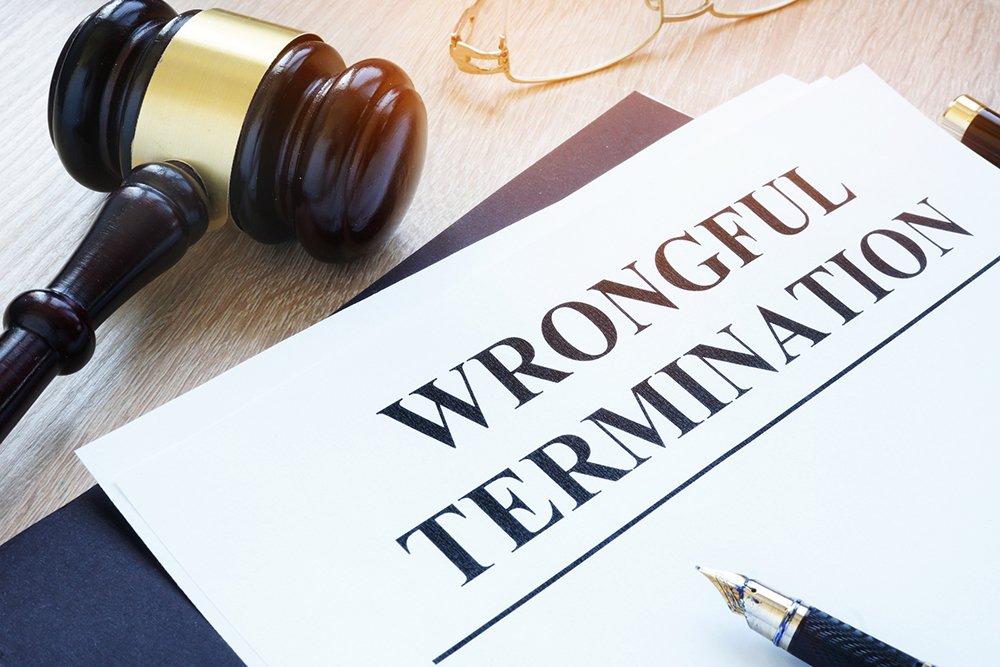
It’s one thing to resign from work, and another to be terminated abruptly. The former allows you time to prepare psychologically and financially; the latter doesn’t. Being terminated can be disastrous if you have people depending on you financially. Not to mention the emotional turmoil and anguish that it can bring to you. It gets even worse when you have reasons to believe that the termination was wrongful because now you have to figure out how to fight for your rights on top of the distress you already are facing.
One of the best ways to approach a wrongful termination problem is by lawyering up. The market offers an incredible selection of law firms that fight for workers’ justice. The top ones, like Sattiraju Law Firm, are known to help employees like you get reinstated back to work, or get the compensation that will sustain them until they can get another job. Many employers take advantage of the fact that most employees won’t follow through with wrongful termination lawsuit because the process is often challenging and involves complicated legal proceedings. Having a workers’ attorney by your side is your best shot at getting what you deserve.
Employment “at-will”
A majority of employers in New York and New Jersey offer employment-at-will, meaning, they can terminate an employee for a good cause or none. If you are an at-will employee, your employer doesn’t require a good reason to terminate you. In fact, unless your employer indicates that you will only get fired for a good cause, the law presumes that you are an at-will employee. However, your employer cannot fire you for unlawful reasons like discrimination, retaliation, breach of contract, and so on.
Wrongful termination
Wrongful termination refers to all illegal reasons for terminating an employee, including:
Violation of public policy
In New Jersey and New York, the law prohibits employers from firing employees for reasons that reasonable people would find morally wrong. For instance, if you are fired for practicing your legal right like voting, refusing to take part in an illegal act like mislabeling company products or lying to government auditors or whistleblowing like reporting an accounting fraud and so on.
Retaliation
If you are terminated from your work as a result of whistleblowing or complaining of an unlawful act like discrimination, harassment, wage and hour violations, workplace safety concerns, etc., then you may have this kind of legal claim against your employer.
Discrimination
If you were fired because of specified performance issues, your lawyer would be keen to find out whether other workers were fired for the same stated performance problems. If not, the lawyer will find proof that suggests that you were treated differently by your employer based on a protected status like race, gender, marital status, the nation of origin, nationality, sexual orientation, age, ethnicity, disability, HIV/AIDs status and so on. The lawyer will argue that the specified reason for being fired is false.
Employer policy
If the employer policy allows for discipline procedures, your employment attorney will establish whether your employer adhered to the policy, or not. If the latter is true, then they will help prove that your employer breached an implied contract.
